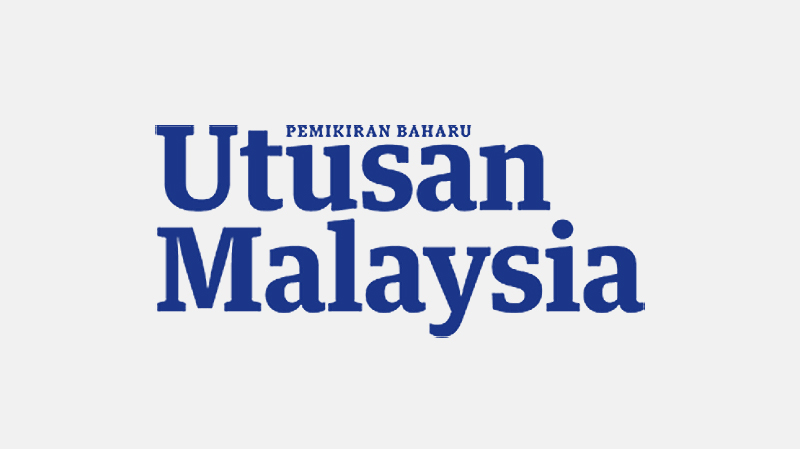Political parties in Malaysia generally depend on political funding and donations for campaigns and election expenses. Thus, it is normal for political parties to receive donations from individuals and/or corporations. It is also not surprising for donations to come from foreign royalties.
However, in recent years, there has been a trend of politicians being charged with corruption related offences being able to walk away as free men, citing political donations/funding to justify funds they have received. Of late, Tengku Adnan who was accused and convicted for receiving RM 2 million during his time as Federal Territories Minister was acquitted by the Court of Appeal. The appellate court by split decision decided that the conviction in the High Court was unsafe due to testimonies by witnesses that the RM 2 million received were political donations.
The Tengku Adnan’s case highlights a crucial issue: whether money received into personal bank accounts or other accounts not under the name of a political party can be considered as political funding or donations? If yes, would this then allow politicians charged in Court to raise the defence/argument of political donations?
No Legal Framework Governing Political Donations/Funding in Malaysia
The uncertainties and grey areas which exist due to the lack of proper legal framework and regulations coupled with the increase in politicians being charged with corruption related offences amplifies the need for reform.
The country needs proper legislative framework to regulate, monitor, record and scrutinise political funding and donations to promote transparency, accountability and integrity, whilst putting an end to corruption and money politics.
The idea of introducing a Political Funding Act has been out in the open for quite some time. The idea was even part of Pakatan Harapan’s reform manifesto. Ironically, even former Prime Minister Najib Tun Razak had publicly supported the idea. Despite the support and talks of such reforms by prominent politicians, the idea has been side-lined and was never given its time’s worth in Parliament.
Example of Political Funding Act
Political funding legislations are common in countries that practices parliamentary democracy. The Singaporean Political Donations Act, briefly summarised below, is an example of political funding legislation which regulates political donations. Let’s look at Singapore’s position when it comes to Political Donation/Funding:
Q: Who can donate?
A: Donations can only be made by permissible donors which means: –
— an individual who is a citizen of Singapore and is not less than 21 years of age;
— a Singapore-controlled company which carries on business wholly or mainly in Singapore; or
— in relation to a candidate, any political party he is standing for at an election.
Q: Who can receive donations?
A: Political Associations and Candidates.
Q: Can a Middle Eastern Prince donate?
A: No. The Act prevents foreigners from interfering with domestic politics by not allowing foreigners to fund candidates or political associations.
Q: Can we donate anonymously?
A: Yes, but the Act restricts the receipt of anonymous donations to less than a total SGD 5000 per financial year.
Q: What are the offences?
A: Offences under The Act includes failure to submit a donation report within time, non-reporting of small donations, etc. Offences in relation to political donations can be found in Part V of The Act.
Q: What are the punishments for the offences?
A: Punishment under The Act includes imprisonment, fine or both depending on the offence. All offences under Part V of The Act are seizable offences (s. 26 of The Act).
Singapore despite being ranked as one of the least corrupted country in the world (ranked no. 3 based on the corruption perceptions index in 2020 by Transparency International) still found it necessary for a Political Donations Act.
Steps Towards Combatting Corruption
It is high time for Malaysia as a country that practices parliamentary democracy to follow suit and to enact its own Political Funding Act.
A Political Funding Act in Malaysia will rid the grey area in which politicians and political parties may currently be allowed to operate in. Proper guidelines, regulations, strict enforcement and scrutiny will immediately promote accountability, transparency and integrity.
Perhaps the introduction of a Political Funding Act is a step in the right direction for clean and corruption free politics, putting an end once and for all to any corruption, money politics and abuse of power.
Conclusion
Since the older politicians and political parties have failed to spearhead and follow through with this reform, the younger breed of politicians and political parties whom distinguish themselves from the old ways should step up, take charge and push for a reform on political funding and donations in Malaysia.
After all, an all-encompassing Political Funding Act will be a shield to protect those falsely accused of corruption and a sword to strike down those who are actually corrupt. All in all, putting an end to corruption and kleptocracy will ultimately benefit the nation and its people.
What are your thoughts?












